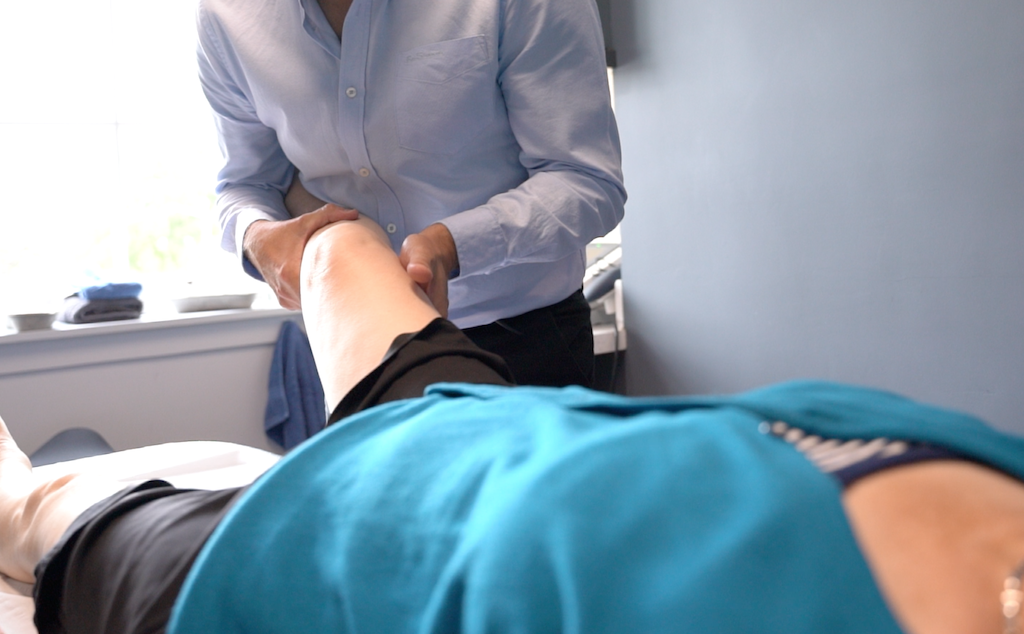Physiotherapy for dizziness – I didn’t know physio could help
Dizziness is an unpleasant experience when there is a mismatch in our sense of balance. Around 15-20% of adults experience a from of dizziness each year. Dizziness can include sensations of spinning, light headedness, feeling weak or unsteadiness. The great news that there is usually a reason for dizziness (although a definitive diagnosis is sometimes not possible) and is rarely a sign of something concerning. Physiotherapy for dizziness provides diagnosis, effective management and specific treatment to relieve the symptoms.
Your balance is a highly complex communication and coordination system between your eyes and inner ears. Your brain then has to make sense of all of that information. A mismatch in the information the eyes and ears produce or indeed a problem with how the brain processes that information can cause dizziness. Vestibular (inner ear) issues account for a quarter of all dizziness making assessment of the ear an essential component. As physiotherapists we are also aware of importance of examining the upper neck (cervical spine) due to its proximity to the ear. attachment of the deep neck muscles and how the nerves of the upper neck can influence the nerves in the face and head.
Benign Paroxysmal Positional Vertigo (BPPV)
Vertigo is often described as room spinning dizziness. More accurately vertigo a perception that you are moving despite being still. Benign Paroxysmal Positional Vertigo (BPPV) is one of the most common causes of vertigo.
BPPV occurs when calcium-carbonate crystals spill into the inner ear canals. The inner ear canals are filled with fluid. This fluid flows as you move your head and stops when you are still. In the case of BPPV this fluid in the ear canals continues to behave normally (i.e. the fluid moves when you move your head and stops when you stop). However when you stop moving your head, the crystals continue to travel along the ear canal. There is then a mismatch in the sensory information the brain is receiving. Your eyes are saying that you have stopped moving but the ear thinks differently. This results in a feeling of the room spinning. Often the eyes flick around (nystagmus) due to the false sensation of movement.
Specialist physiotherapists are ideally placed to assess and treat BPPV. The diagnostic tests for BPPV are reliable. Treatments, such as the Epleys manoeuvre, have been shown to be 90% effective.
Headaches and dizziness
Dizziness related to headaches is considered another frequent cause of vertigo. Specifically labelled ‘vestibular migraine’, this is a variant of the migraine classification of headaches. With vestibular migraine the vertigo type symptoms are often in combination with headaches and episodes can be spontaneous as opposed to when moving the head (as per BPPV).
In our previous blog we discuss headaches in more detail and more importantly how physiotherapy can help. Do check our recent blog here.
Neck pain and dizziness
Cervicogenic dizziness can be an issue for many people. Cervicogenic dizziness is not as prevalent as BPPV or vestibular migraine. This condition, which is referred from your neck, can produce a feeling of disorientation. There are usually some subtle signs that your dizziness may be arising from your neck, such as, associated stiffness in your neck or feeling dizzy following moving your neck.
Physiotherapy for dizziness referred from the neck can be very effective. Mobilisation/manipulation of the joints of the neck, massage of the surrounding soft tissues and conditioning exercises help to restore the normal movement and equilibrium (proprioception) of your neck and reduce the referred symptoms of dizziness.
Physiotherapy for dizziness
Physiotherapists are ideally placed treat dizziness. This can include management of stiffness and tension in the upper neck to scientifically proven treatments such as the Epley’s manoeuvre. Effective treatment starts with an accurate diagnosis. Your physiotherapist will take time to listen to your story and carry out a bespoke assessment – particularly concentrating on the upper neck, eyes and ears. We will also liase with an extended team, for example, your GP or ENT to provide the best possible outcome.
Clinical Director Johnny Cassidy is a keen manual/manipulative therapist. He has a specialist interest in the treatment of headaches, dizziness and disorders of the neck and spine.






